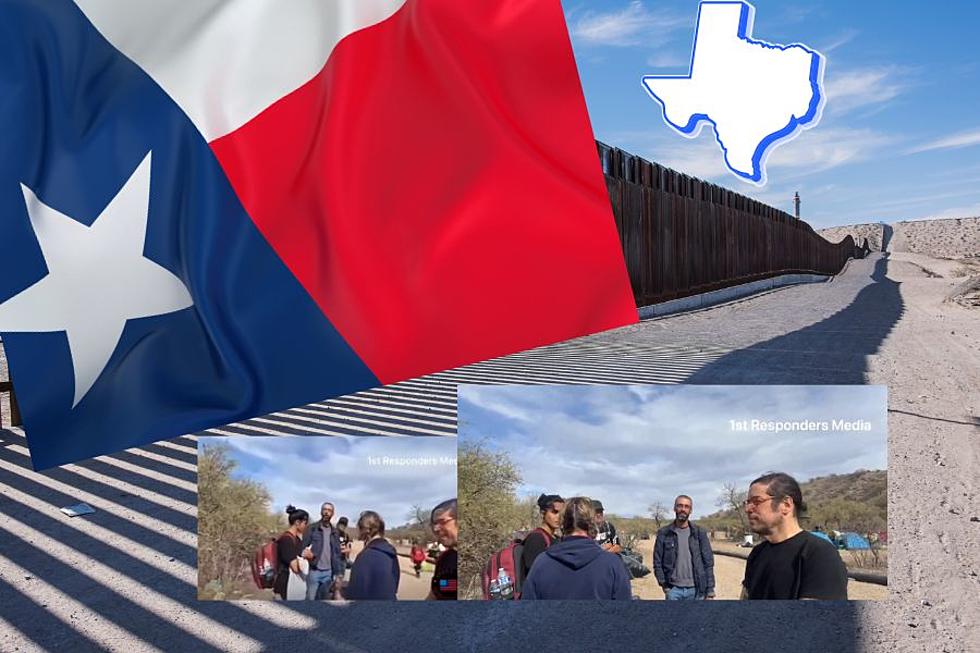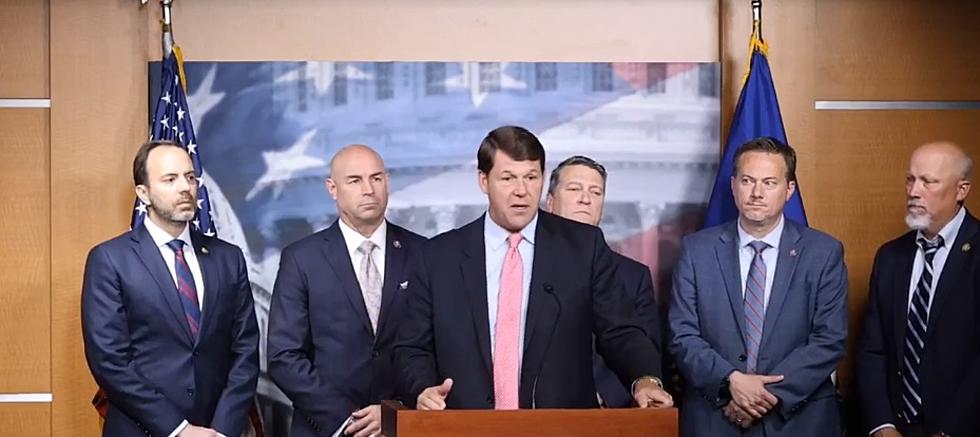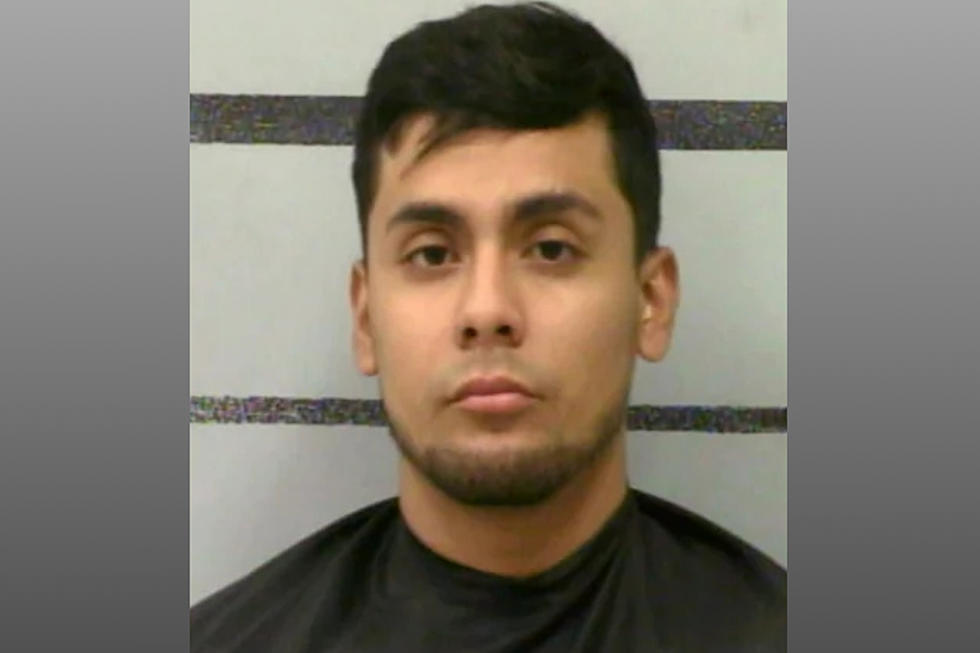
Anti-Sanctuary City Legislation Advances To Texas House After Changes
Texas is getting closer to banning Sanctuary Cities throughout the state. Senate Bill 4 authored by Senator Charles Perry passed in the Senate weeks ago. On Wednesday, the House State Affairs committee voted 7-5 to advance the legislation to the Texas House after making a few changes.
According to the Texas Tribune, the House version will only allow for officers to inquire about a person's immigration status if that person is under arrest.
Like the Senate version, it still makes sheriffs, constables and police chiefs subject to a Class A misdemeanor for failing to cooperate with federal authorities and honor requests from immigration agents to hold non-citizen inmates subject to removal — usually booked on crimes unrelated to immigration violations.
But the House version only allows peace officers to ask people about their immigration status if they are arrested and not those who have been solely detained for other reasons.
The Texas Tribune also reported that Rep. Charlie Geren, who is carrying the House version of S.B.4, changed the language of the legislation to where only the head of the law enforcement agency is punished.
Geren also changed language in the bill to make a punishment only applicable to the head of the law enforcement agency deemed non-compliant. The Senate version allows the state to withhold funds from the entire local government body, similar to the punishment Gov. Greg Abbott issued to Travis County earlier this year after Sheriff Sally Hernandez decided she would limit cooperation with federal immigration officials.
“There is no need to remove the state grants funds” from the entire government body, he said. “That goes beyond just targeting the jail.”
But the House version also keeps in the civil penalties that could be as much as $25,000 for entities that adopt policies restricting cooperation with federal authorities.
According to the Texas Tribune, the House will debate the bill in the next few weeks where more changes could happen.
More From News/Talk 95.1 & 790 KFYO









